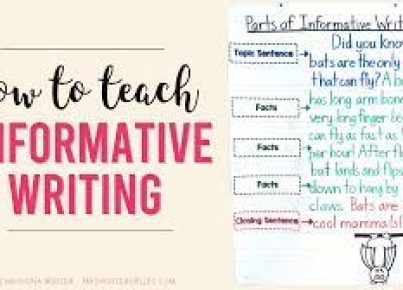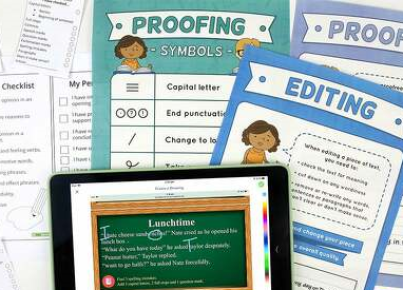Incorporating a growth mindset into your writing activities can make a significant difference in the way learners approach challenges, develop their skills, and improve their confidence. Here are seven fun growth mindset writing activities that will inspire and encourage writers of all ages:
1. “My Future Self”
Have learners write a letter to their future selves, outlining their goals, what they want to learn, and how they plan to achieve those objectives. This activity allows students to explore their aspirations and encourages them to think about overcoming obstacles.
2. “The Power of Yet”
Encourage students to write about an area in which they struggle, but instead of focusing on the negatives, ask them to end each sentence with the phrase “yet.” For example: “I am not very good at public speaking yet.” This tactic helps learners acknowledge their weaknesses while still fostering optimism for growth.
3. “Celebrate Mistakes”
Mistakes are inevitable – it’s how we learn from them that counts. In this writing activity, have students write about a time when they made a mistake and then reflect on the valuable lessons they gained from the experience.
4. “Switching Perspectives”
Challenge learners to transform a story with fixed-mindset characters into one that showcases a growth mindset. This activity not only helps develop creative writing skills but also encourages students to consider alternative perspectives on overcoming challenges.
5. “Growth Mindset Journaling”
Introduce journaling as a regular activity for processing thoughts, setting goals, and reflecting on progress. Encourage students to focus on improvements they’ve made over time and ways they’ve demonstrated resilience in the face of difficulties.
6. “Guided Visualization”
Engage learners in visualizing themselves being successful at something they’re currently struggling with. After providing time for internal reflection, ask them to write down this imagined success story, exploring specific actions they took and resources they used to help them achieve their goals.
7. “Role-Model Profiles”
Ask learners to research and write about someone who has demonstrated admirable growth mindset qualities. By exploring the experiences and achievements of others, students can feel inspired to adopt similar attitudes in their own lives.
Incorporating these growth mindset writing activities into your curriculum not only fosters a positive and resilient attitude toward challenges but also helps develop essential writing skills. Encourage your learners to embrace the power of a growth mindset and watch as they flourish into confident, capable writers.




